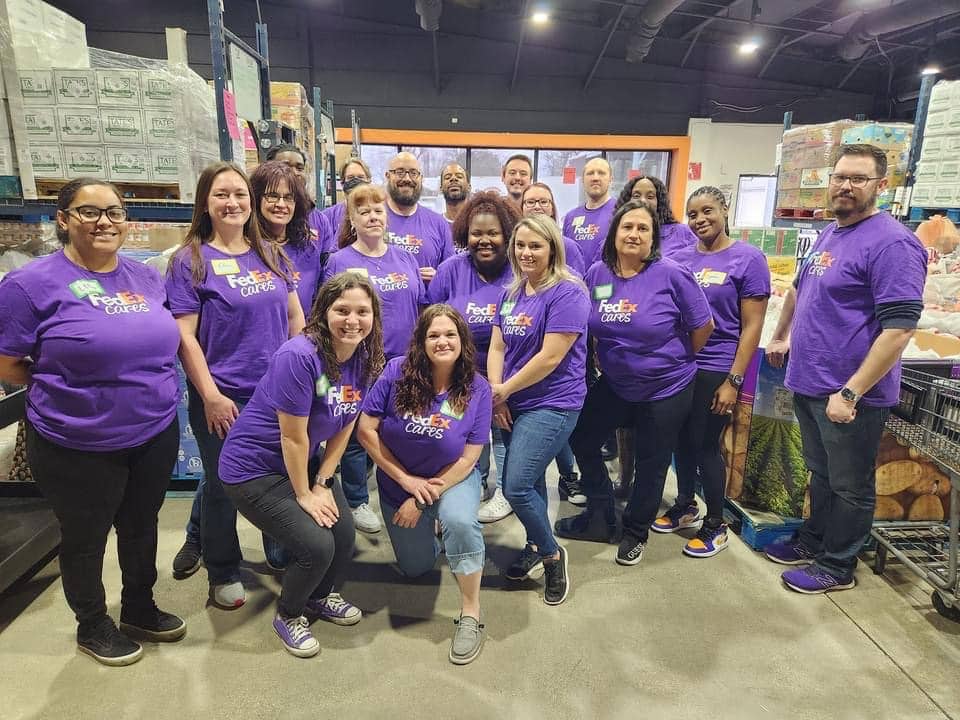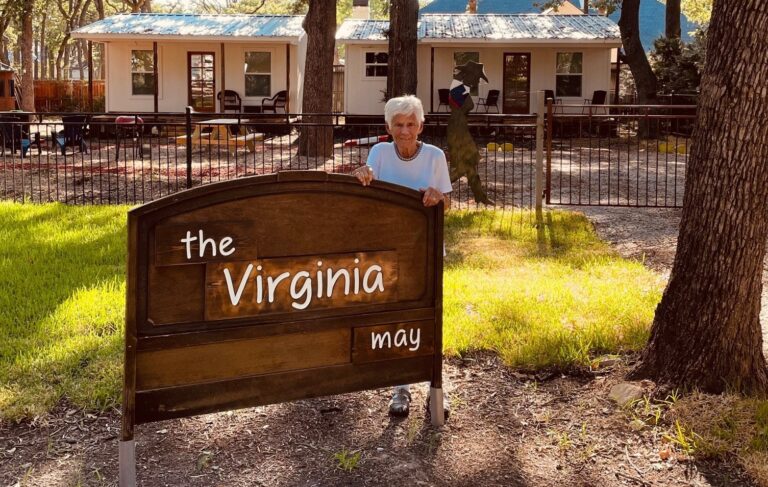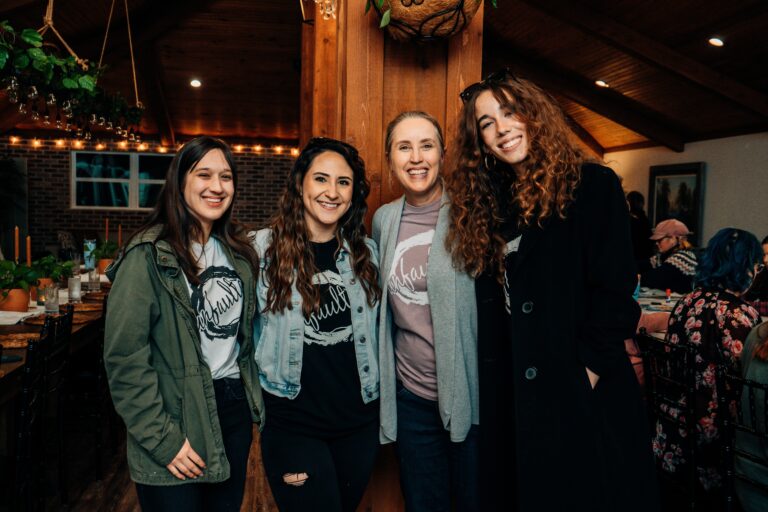Saginaw Based Community Link
Since 2005, Community Link has been providing food and personal care items to low-income, disabled, and senior residents of northwest Tarrant County. More recently, some new initiatives have helped expand its reach to others in need.
That has led to Community Link’s consistent growth resulting in hiring Trey Harper as director of development in 2019 to focus on finding more resources to expand programming.
“Mostly our church partners saw us through and some individuals but now we’re pretty diverse with foundations, individuals, businesses, grants, and donations,” he said.
Today it partners with 20 churches, 25+ businesses, 6 foundations, and 9 community groups to serve people living west of I-35W and north of I-820. Plus, it has more than 1,600 volunteers helping in all areas.
Thanks to securing a large grant from the State of Texas, it added wrap-around case management services and mental health counseling.
“We partner with our clients to find them the resources they need primarily around housing and jobs,” Harper said. “We also provide childcare while people hunt for jobs. We’ve seen great success moving people from homeless to housed and employed.
“We also added a mental health counseling center. We have eight licensed clinical therapists for all ages and our programs all have bilingual opportunities if that’s a resource people need.”
In 2022, Community Link found jobs for 69 individuals, trained 102 on skills including CDL license and cosmetology, housed 203 clients, and assisted more than 2,000 families in the case management program. It also provided 1,800+ counseling hours including 538 children and 145 Spanish-speaking cases.
“One reason we expanded is we didn’t want to duplicate anything that was happening but wanted to provide what’s needed,” Harper said. “How do we get to the root of hunger which is poverty and how do we address that as a case management option?”
Community Link started when three Saginaw churches combined efforts to fight hunger rather than independently. Its first home was a 1,000-square-foot house then in 2014, the organization moved into its current 8,000-square-foot facility one block away with three full-time employees. Once the Covid-19 pandemic hit in 2020, leadership quickly realized more space and resources were needed so it utilized some Covid funds to add 2,000 more square feet and 17 more staff.
It is best known for its pantry where three days a week it opens its doors for people to receive their food through a drive-thru. For those who can’t make it, a partnership with DoorDash delivers items to them. It also provides weekend snack packs to students in the Eagle Mountain-Saginaw Independent School District.
“We’re seeing an average of 120 families in just three days a week,” said Harper, who is part of a four-person executive team that includes Executive Director Karen Fuller, Director of Operations Laura Gay, and Director of Programs Jennifer Martinez.
In recent years, Community Link has generated funds and assists area farmers by managing both the Saginaw and Lake Worth Farmers’ Markets.
“One of the challenges we face is there’s this perception that everybody’s okay in northwest Tarrant County,” Harper said. “I was at a recent event where someone asked if there was such a need here. I think our numbers show there is a substantial and growing need. As our community grows, the need just continues to increase.
“There’s weird things like Covid where we saw people who had never been to a food pantry before in line. And now with the cost of groceries, we can save them some money so they can pay some other bills.
“We also have a lot of grandparents who have maybe saved for retirement but didn’t save enough to raise a grandkid and now they’re having to find extra help.”
Harper said people interested in helping Community Link can volunteer their time, donate money and/or provide food or host a food drive.
“I always say money more than food as we can buy food at a reduced rate,” he said. “It’s a better stewardship of funds. But we also understand the experience of giving food so we encourage that, particularly on personal care items – things like diapers, feminine hygiene because our clients can use their government resources on those.”






